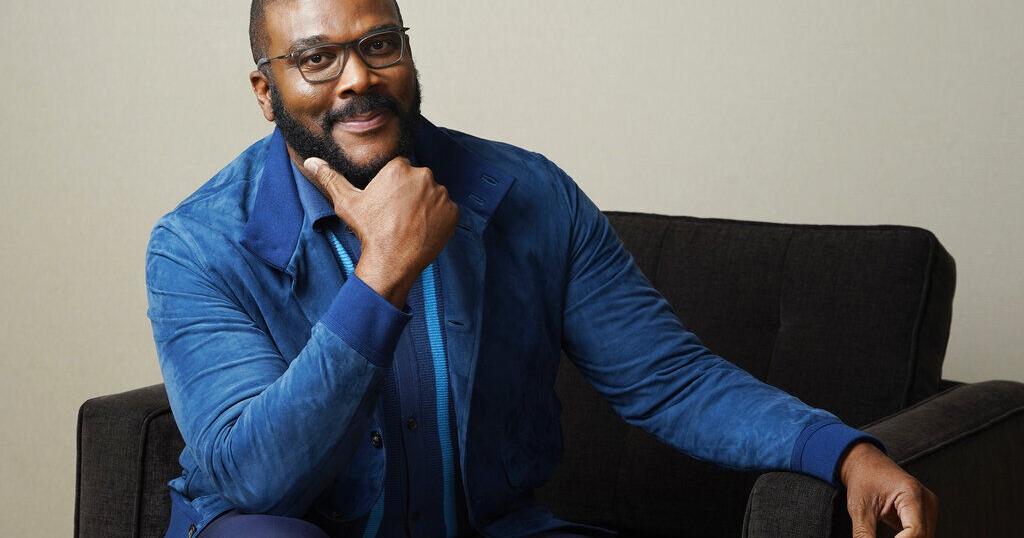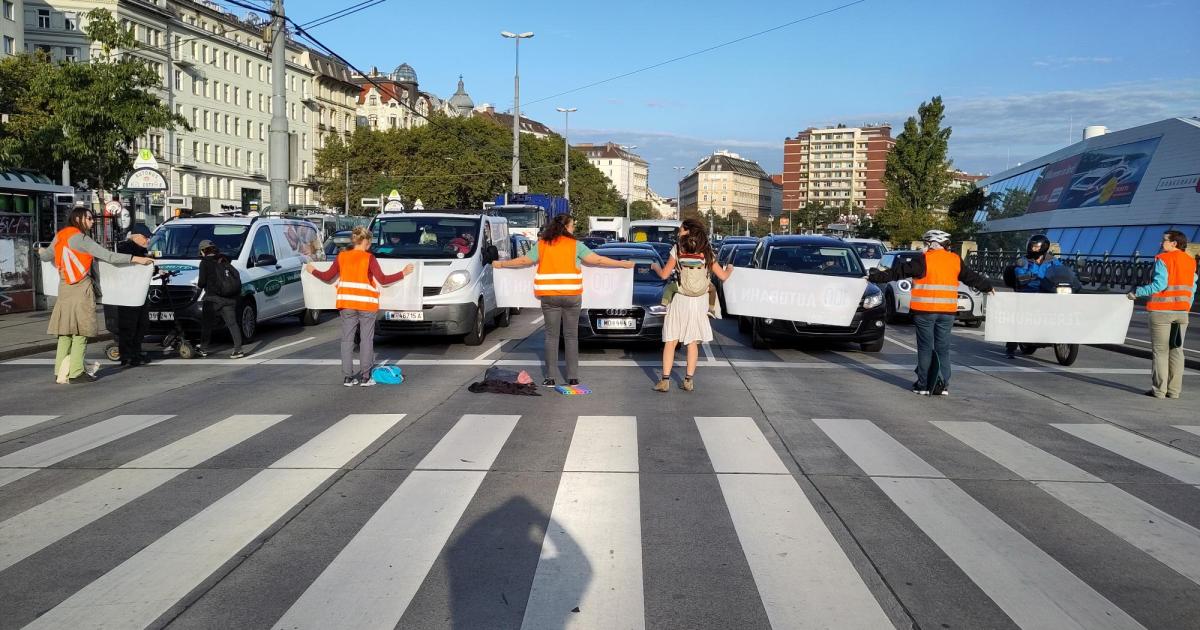TORONTO – Tyler Perry directed his first screenplay, 27 years after writing it.
–
“A Jazzman’s Blues,” which premiered at the Toronto International Film Festival, was Perry’s first attempt at script long before Madea turned him into a media mogul, when he was pouring what little money he had into lesser-known shows. Atlanta.
–
After directing several movies, dozens of TV episodes, and expanding his 330-acre empire at Atlanta’s Tyler Perry Studios, Perry has returned to the old script, barely changing a word, for his first Netflix movie. (“A Jazzman’s Blues” begins airing on September 23rd.)
–
“The timing seemed right,” Perry said in an interview ahead of the film’s Sunday premiere.
–
Set in mid-century Georgia, the film stars Joshua Boon as Bayou, a juke sensation who falls in love with Leanne (Solea Pfieffer) before hitting Chicago. Years later, she returns to her hometown married and posing as white. It is a novel set against the backdrop of the segregated south and the thriving music scene of the time, with music by Terence Blanchard and choreography by Debbie Allen.
–
The comments have been edited for the sake of brevity.
–
AP: What was going on in your life when you wrote this?
–
PERRY: I was really struggling and I was poor. It was a really difficult time. I had the opportunity to see an August Wilson play. If I’m not mistaken, I think it was “Seven Guitars”. I was supposed to take a break and go in when people were out smoking. I couldn’t afford a ticket. There was an after party in a small bar and I met him. I told him what kind of shows I was doing and how there was so much more I wanted to do. He encouraged me not to be ashamed of what I was doing, but also to do what I wanted. I went home and started writing and “Jazzman” came out.
–
AP: Where does the story come from?
–
PERRY: I grew up in New Orleans and have a family in rural Louisiana. It was where I spent the summers with my grandmother. So she knew this world very well. When I was young and working on Bourbon Street, I listened to all kinds of music. As I was writing, all this music was in my head. I wasn’t trying to write a period piece about someone passing through the south. A few years ago, I remember seeing a photo of my grandmother and great grandmother looking like white women. My grandmother married my grandfather, who was clearly a black man. According to my aunt – I’m reviewing it now – there are people in my family who would pass for white.
–
AP: Was that something your family was talking about?
–
PERY: No. It’s the strangest thing in generations before me. I find this to be true of my Jewish friends who have Holocaust survivors grandparents. Just don’t talk. There is no talk. I feel it is a terrible disservice to future children and the people who benefit from the atrocities suffered by our families. If you don’t know the facts of what happened and how it happened, I think you are doing your family a disservice.
–
AP: This may be your most ambitious film. Did you feel you had to build this?
–
PERRY: One hundred percent. “Diario de una loca”, my first film, I didn’t direct it because I didn’t know how. It took all these movies and all these TV episodes to really understand cinema. Thanks a lot to David Fincher and (Ben) Affleck when I was on “Gone Girl”, where I really started to understand and understand. For me, it was always the camera that told the story. I haven’t absorbed the fullness of all the things the camera can represent.
–
AP: So why face it now?
–
PERRY: I was strategic. I had to make sure I was serving my niche, my audience. I needed those shots to be able to get it here. It’s all part of the plan. The reason it has come out now is that I have seen so many politicians and powers that be trying to downplay and hide the black experience in America. I think it is up to us as storytellers to present these true stories because of this attack on history.
–
AP: Georgia has been at the center of some battles over voting rights, abortion and school curricula. How do you feel about having your studio there?
–
PERRY: I have two opinions on this. One is: being on the field and at Dr. Martin Luther King and seeing him struggle, seeing the vigor needed to get things done. There is a wealth that I thrive on, that I connect with, that I appreciate. On the other hand, we are dealing with all this manipulation, voting issues, abortion issues. All these moments are passing, but I have to focus on the fighters in order to function in a state that I love.
–
AP: Some in Hollywood have called for a boycott of productions in Georgia. Last year, Will Smith’s “Emancipation” stopped filming in the state. What do you think of these types of measures?
–
PERRY: I think some of them are extreme. We have this culture of cancellation now that if someone does something you don’t like or says something you don’t like, they cancel it. If the state makes a law you don’t like, you don’t go there. The reason I disagree with all this is that there are elections every four years, or every two years with mid-term elections. We have the opportunity to try to change it. So I think drastic and immediate closures can be bad for the people who work here. Right now, I have over $ 400 million in Tyler Perry Studios. And there are a lot of people who come to work there who would never have a chance to be in this industry. I know that Hollywood is quite mindful of diversity right now. Well, there is nothing more varied than Tyler Perry Studios. If you are trying to boycott the state, you are also boycotting these people.
–
AP: You’ve had a content deal with Viacom for years. This is your first movie with Netflix. Looking for a bigger platform?
–
PERRY: I built this machine and it’s ready to churn out tons and tons of content. So I want to be in a place where you can create content and in a place where I can express things like “Jazzman” or whatever I want to do next. I have a zombie movie I’ve been working on for a while and I want to do it. I just want to be in a place where I can grow all these things.
—


